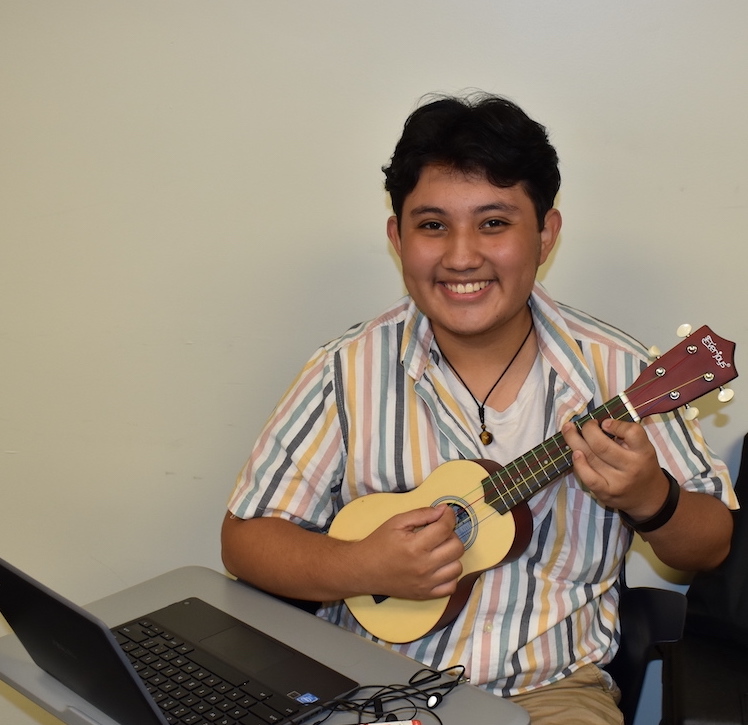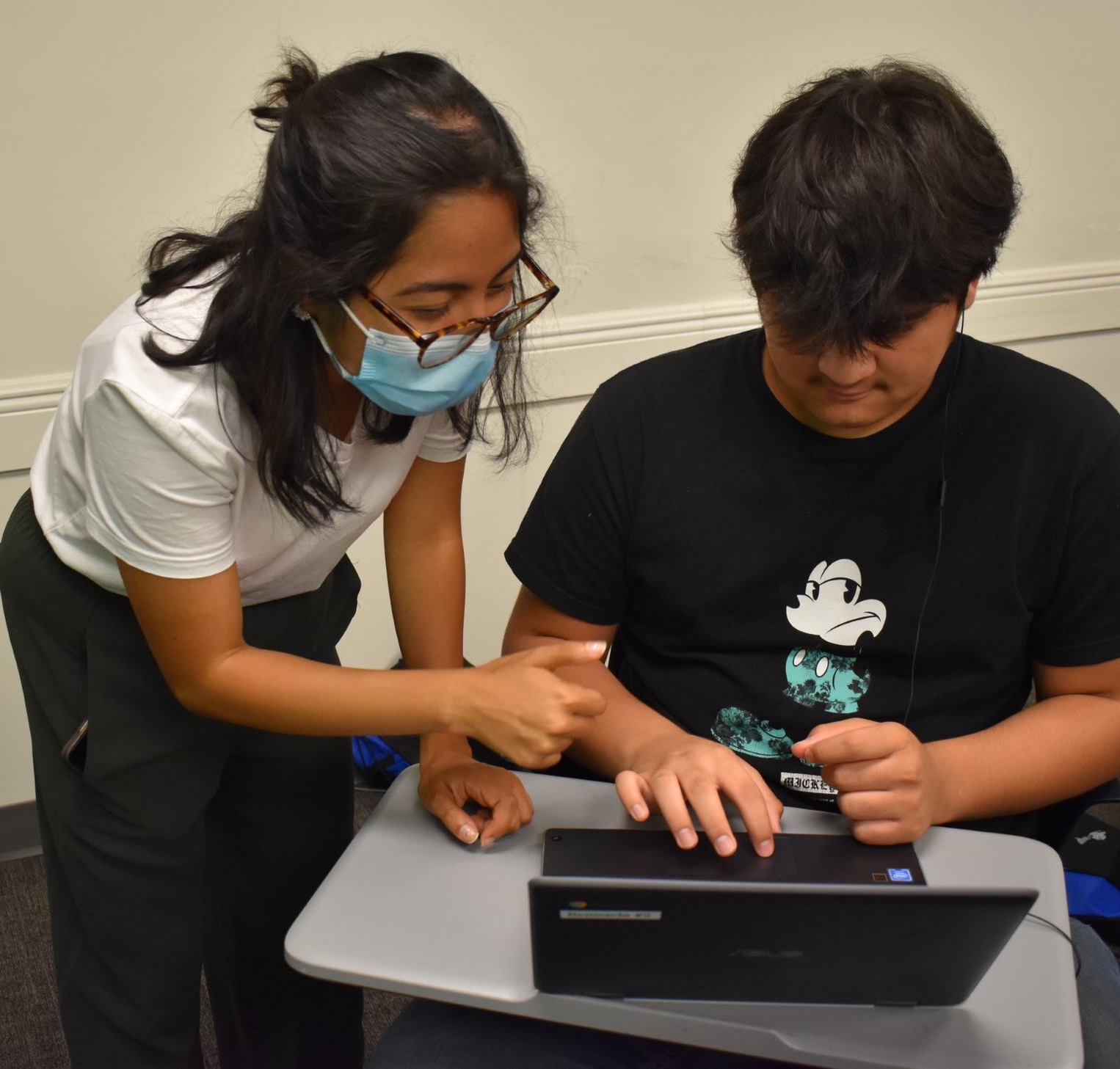The Georgia Institute of Technology and the University of Puerto Rico (UPR), Rio Piedras received a $2.9 million grant from the National Science Foundation Advancing Informal STEM Learning program. The grant collaboration began on July 1, 2020 and will continue through June 30, 2024. (Click on news story.)
The research project is called "Collaborative Research Broadening Participation of Latinx Students in Computer Science by Integrating Culturally Relevant Computational Music Practices" and will directly address the lack of representation of Latinx and Spanish-speaking students in computer science. This project, dubbed REMEZCLA ("remix in Spanish") by project members, will expand middle and high school students' STEM engagement and opportunities within both the continental United States and Puerto Rico. The creative approach will teach code and music composition by designing, implementing, and assessing a new informal learning curriculum, using EarSketch, a web-based digital audio workstation developed at Georgia Tech in 2011.
The research team is being led by principal investigators Diley Hernández, associate vice president for Institute Diversity, Equity, and Inclusion at Tech, and Rafael Arce-Nazario, computer science professor at UPR.
“One of the most important innovations of our project was to take a highly successful learning platform, EarSketch, and make it more linguistically accessible to Spanish-speaking students and teachers, explained Hernández. “In this way, we are creating opportunities for them to explore within EarSketch a variety of music genres that are relevant to them and their local communities.”
Musical artists in Georgia and Puerto Rico created the sounds and beats for EarSketch that included traditional and contemporary Latin genres rich in social, historical, and cultural contexts that the students can use in their individual remixes, while gaining coding and computational thinking skills.
“Almost none of the K-12 schools in Puerto Rico include computation skills in their courses. Thus, the activities organized by our project are the first and possibly only explicit computer science experiences that some of the participants will have during K-12,” added Arce-Nazario. “We believe that by providing these experiences framed into cultural and musical activities, our project will positively inspire and empower students who could otherwise show little interest in traditional computer science-related courses.”
For the past two years, the curriculum has been implemented as one-week camps offered twice during the summer and as afterschool programs during the academic year at both research sites.
Surveys, focus groups, and interviews are among the methods used to determine student engagement differences in music compositional and computational practices as well as the role EarSketch plays in that dynamic. The researchers are also studying the degree to which the role of culturally engagement impacts participants’ educational outcomes such as sense of belonging, content knowledge compentency, and computer science identity.
The research team also includes Tech co-principal investigators Doug Edwards, senior research associate with the Center for Education Integrating Science, Mathematics, and Computing, and Jason Freeman, EarSketch co-creator and chair of the School of Music, and University of Puerto Rico co-principal investigator Joseph Carroll Miranda, assistant professor in the School of Education.
Team members collaborate closely with Tom McKlin and other members of The Findings Group for the purpose of research and evaluation. Jayma Koval, Stephen Garrett, Michael Turner and Jyoti Kaneria from Tech and Lilliana Marrero Solís, Isaris Quiñones Pérez, and Pascua Padró Collazo from UPR round out the group.


